Respect for your privacy is our priority
The cookie is a small information file stored in your browser each time you visit our web page.Cookies are useful because they record the history of your activity on our web page. Thus, when you return to the page, it identifies you and configures its content based on your browsing habits, your identity and your preferences.
You may accept cookies or refuse, block or delete cookies, at your convenience. To do this, you can choose from one of the options available on this window or even and if necessary, by configuring your browser.
If you refuse cookies, we can not guarantee the proper functioning of the various features of our web page.
For more information, please read the COOKIES INFORMATION section on our web page.


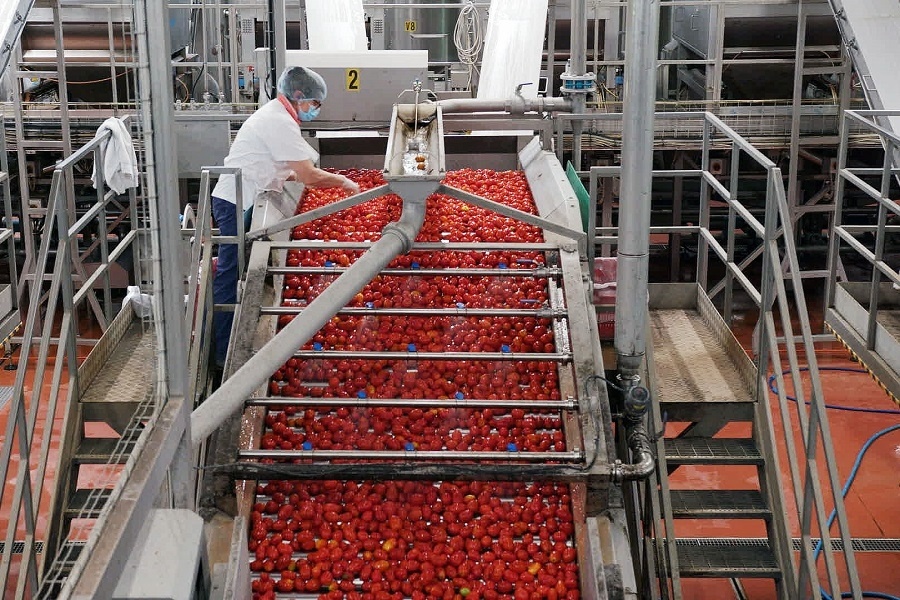 For Francesco Mutti, tomatoes are a family matter: he is the fourth generation to run Mutti Tomatoes, a Parma-based company founded in 1899. When he took over from his father in 1994, Mutti made high quality and sustainable production a basic requirement of his work. And he set a goal to make the Mutti name known.
For Francesco Mutti, tomatoes are a family matter: he is the fourth generation to run Mutti Tomatoes, a Parma-based company founded in 1899. When he took over from his father in 1994, Mutti made high quality and sustainable production a basic requirement of his work. And he set a goal to make the Mutti name known.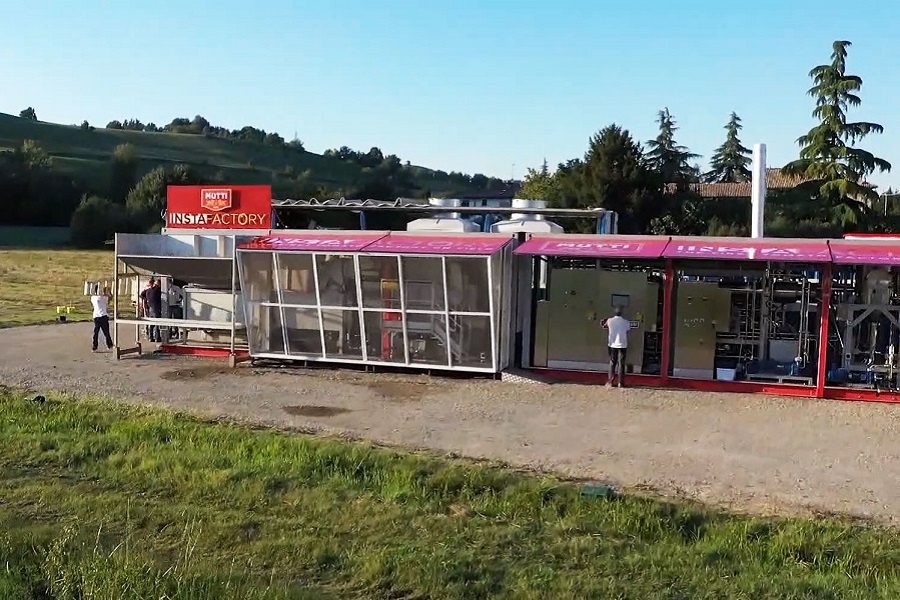 "Sustainability is the big element of transition."
"Sustainability is the big element of transition."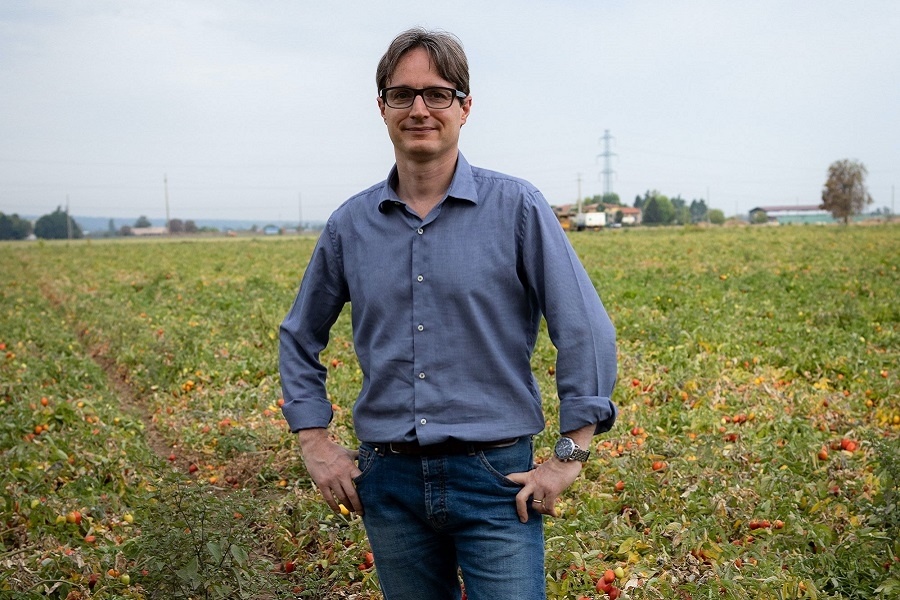
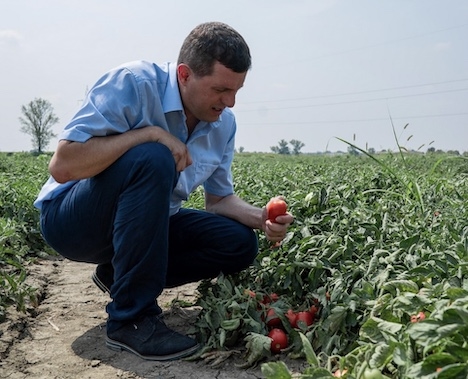 Ethical values for all the whole supply chain, where each operator is guaranteed the right remuneration: as a market leader, Mutti has the responsibility to take action in the present to inspire greater change in the future. For this reason, group therefore pays close attention to ensuring that all actors in the supply chain pay attention to quality and to the implementation of good practices.
Ethical values for all the whole supply chain, where each operator is guaranteed the right remuneration: as a market leader, Mutti has the responsibility to take action in the present to inspire greater change in the future. For this reason, group therefore pays close attention to ensuring that all actors in the supply chain pay attention to quality and to the implementation of good practices.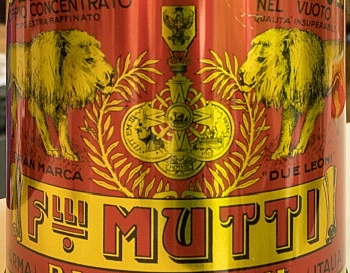 From the beginning, quality has been one of the core values of the company. Producing tomato products exclusively allowed Mutti to focus on one single fruit and gather over 120 years of experience.
From the beginning, quality has been one of the core values of the company. Producing tomato products exclusively allowed Mutti to focus on one single fruit and gather over 120 years of experience. 





























